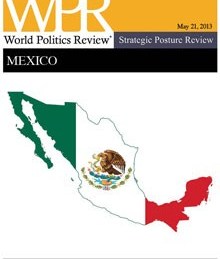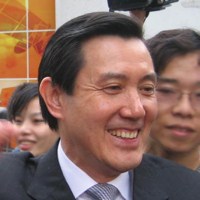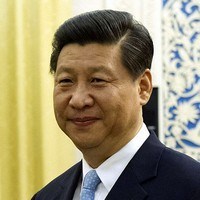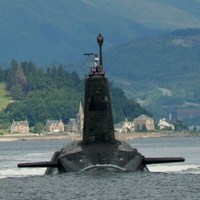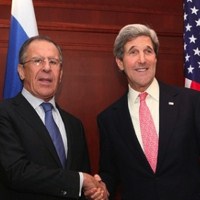
Security has crumbled on Tunisia’s western border with Algeria in recent months. A small but destructive group of jihadi militants with links to al-Qaida in the Islamic Maghreb (AQIM) has infiltrated the region, with weighty security implications for both Tunisia and Algeria. To successfully rout the jihadists in the short term, the Tunisian military needs better equipment, which the government has promised to deliver. But it is not yet clear whether Tunis is ready to pursue the deeper military and economic reforms needed to quell the terrorist threat in the long term. Tunisian government forces have so far failed to […]

